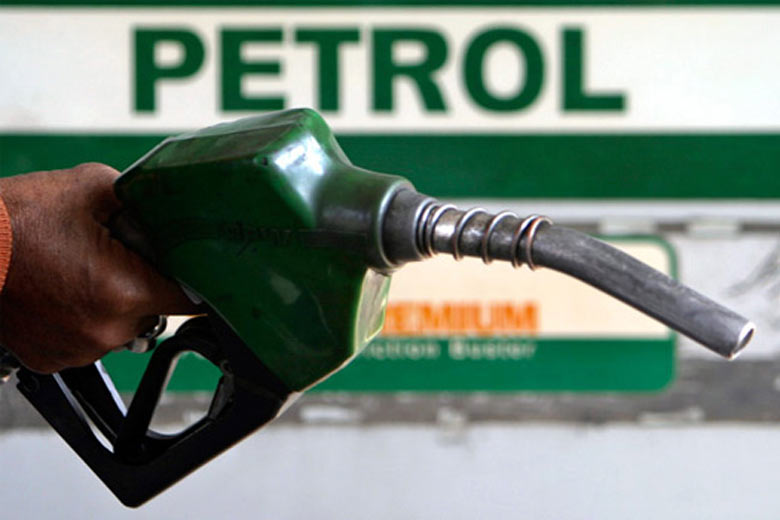The Federal Government of Nigeria is on the brink of achieving a significant milestone as it prepares to finalize the Gas Supply and Purchase Agreement (GSPA) for the $3.8 billion Brass Methanol Project.
The agreement to be signed in May 2024 marks a pivotal step in the country’s journey toward industrialization and self-sufficiency in methanol production.
The Brass Methanol Project, located in Bayelsa State, is a flagship industrial endeavor aimed at harnessing Nigeria’s abundant natural gas resources to produce methanol, a vital chemical used in various industrial processes.
With Nigeria currently reliant on imported methanol, this project holds immense promise for reducing dependency on foreign supplies and stimulating economic growth.
Upon completion, the Brass Methanol Project is expected to have a daily production capacity of 10,000 tonnes of methanol, positioning Nigeria as a major player in the global methanol market.
Furthermore, the project is projected to create up to 15,000 jobs during its construction phase, providing a significant boost to employment opportunities in the country.
The successful execution of the GSPA is essential to ensuring uninterrupted gas supply to the Brass Methanol Project.
Key stakeholders, including the Nigerian National Petroleum Company Limited and the Nigerian Content Development & Monitoring Board, are working closely to finalize the agreement and pave the way for the project’s advancement.
Speaking on the significance of the project, Minister of State Petroleum Resources (Gas), Ekperikpe Ekpo, emphasized President Bola Tinubu’s keen interest in expediting the Brass Methanol Project.
Ekpo reaffirmed the government’s commitment to facilitating the project’s success and harnessing its potential to attract foreign direct investment and drive economic development.
The Brass Methanol Project represents a major stride toward achieving Nigeria’s industrialization goals and unlocking the full potential of its natural resources.
As the country prepares to seal the deal in May 2024, anticipation grows for the transformative impact that this landmark project will have on Nigeria’s economy and industrial landscape.

 Forex3 weeks ago
Forex3 weeks ago



 Naira2 weeks ago
Naira2 weeks ago
 Billionaire Watch2 weeks ago
Billionaire Watch2 weeks ago




 Naira2 weeks ago
Naira2 weeks ago






 Naira4 weeks ago
Naira4 weeks ago




 Naira2 weeks ago
Naira2 weeks ago


 Naira1 week ago
Naira1 week ago






 Naira4 weeks ago
Naira4 weeks ago
















